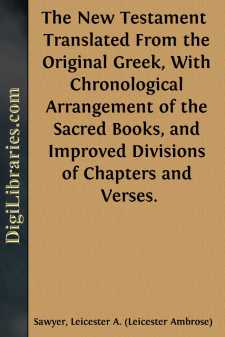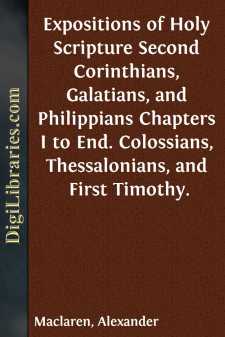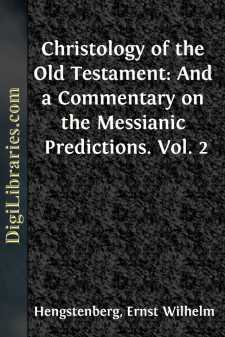Categories
- Antiques & Collectibles 13
- Architecture 36
- Art 48
- Bibles 22
- Biography & Autobiography 813
- Body, Mind & Spirit 142
- Business & Economics 28
- Children's Books 17
- Children's Fiction 14
- Computers 4
- Cooking 94
- Crafts & Hobbies 4
- Drama 346
- Education 46
- Family & Relationships 57
- Fiction 11829
- Games 19
- Gardening 17
- Health & Fitness 34
- History 1377
- House & Home 1
- Humor 147
- Juvenile Fiction 1873
- Juvenile Nonfiction 202
- Language Arts & Disciplines 88
- Law 16
- Literary Collections 686
- Literary Criticism 179
- Mathematics 13
- Medical 41
- Music 40
- Nature 179
- Non-Classifiable 1768
- Performing Arts 7
- Periodicals 1453
- Philosophy 64
- Photography 2
- Poetry 896
- Political Science 203
- Psychology 42
- Reference 154
- Religion 513
- Science 126
- Self-Help 84
- Social Science 81
- Sports & Recreation 34
- Study Aids 3
- Technology & Engineering 59
- Transportation 23
- Travel 463
- True Crime 29
The Prayers of St. Paul
Categories:
Description:
Excerpt
GRACE AND HOLINESS.
“Now God Himself and our Father, and our Lord Jesus Christ, direct our way unto you. And the Lord make you to increase and abound in love one toward another, and toward all men, even as we do toward you: To the end He may stablish your hearts unblameable in holiness before God, even our Father, at the coming of our Lord Jesus Christ with all His saints.”—1 Thess. iii. 11-13.
There are few more precious subjects for meditation and imitation than the prayers and intercessions of the great Apostle. He was a man of action because he was first and foremost a man of prayer. To him both aspects of the well-known motto were true: “To pray is to labour,” and “To labour is to pray.”
There is no argument for or justification of prayer; nor even an explanation. It is assumed to be the natural and inevitable expression of spiritual life. Most of the Apostle’s prayers of which we have a record are concerned with other people rather than with himself, and they thus reveal to us indirectly but very really what St. Paul felt to be the predominant needs of the spiritual life.
In this series of studies we propose to look at some of these prayers, and to consider their direct bearing upon our own lives. Taking the Epistles in what is generally regarded to be their chronological order, we naturally commence with the prayer found in 1 Thess. iii. 11-13. In this passage we have what is not often found, a prayer for himself associated with prayer for others.
1. His Prayer for Himself (ver. 11).
Let us notice Who it is to Whom he prays—“God Himself and our Father, and our Lord Jesus Christ.” The association of Christ with God as One to Whom prayer is addressed is of course very familiar to us, but it ought never to be forgotten that when the Apostle penned these words the association was both striking and significant. For consider: these words were written within twenty-five years of our Lord’s earthly life and ascension, and yet here is this quiet but clear association of Him with the Father, thus testifying in a very remarkable and convincing way to His Godhead as the Hearer of prayer. And this fact is still more noticeable in the original, for St. Paul in this verse breaks one of the familiar rules of grammar, whether of Greek or English. It is well known that whenever there are two nouns to a verb the verb must be in the plural; and yet here the Greek word “direct” is in the singular, notwithstanding the fact that there are two subjects, the Father and Christ. The same feature is to be found in 2 Thess. ii. 17. It is evident from this what St. Paul thought of our Lord Jesus Christ, and it is in such simple, indirect testimonies that we find the strongest and most convincing proofs that the early Church believed in the Deity of our Lord.
Let us consider what it is for which he prays—“Direct our way.” He asks for guidance. There had been certain difficulties in the way of his return to Thessalonica. He had been hindered, and now asks that God would open the way for him to go back to his beloved friends....












